In November 2005, when Steven Avery was arrested and charged with Teresa Halbach’s murder, authorities presented substantial physical evidence against him. The case took a turn in March 2006 when Avery’s nephew, Brendan Dassey, confessed to participating in the crime. He was convicted on multiple charges, but he later asserted that his confession was coerced. Netflix’s ‘Making a Murderer’ delves into Brendan’s claims of innocence and the efforts made to overturn his conviction.
Brendan Dassey Shared Details About the Murder in His Confession
Brendan Ray Dassey was welcomed into the world by Barbara and Peter Dassey on October 19, 1989. His mother was part of the Avery family, known for running a salvage yard in Gibson, Wisconsin. Brendan lived in a trailer near Avery Auto Salvage, surrounded by many relatives and his grandparents. He and his three older brothers were quite young when their parents separated, though their father remained nearby. He primarily lived with his mother but often visited his father. He attended Mishicot High School, where he was enrolled in special education classes due to his low IQ scores and a suspected learning disability.
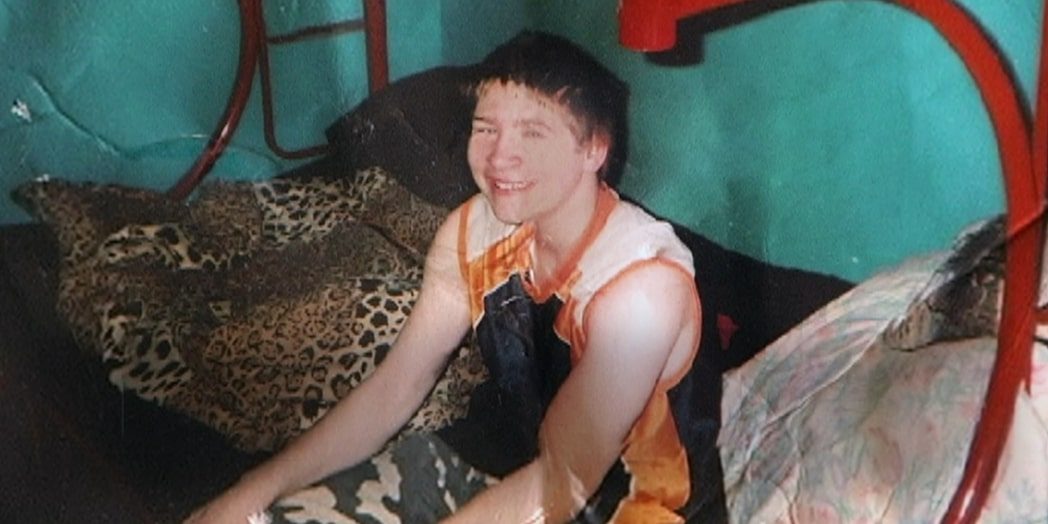
When Brendan’s uncle, Steven Avery, was arrested on November 9, 2005, and charged with the murder of Teresa Halbach, he was just 16 years old. Initially, he was interviewed by the police on November 6 and several more times afterward. While the investigation was ongoing, his cousin, Kayla Avery, informed the police that he had made unsettling comments about disposing of a corpse and similar topics. This prompted the authorities to conduct additional interviews with Brendan, attempting to piece together a fuller understanding of the events surrounding the crime.
On March 1, 2006, Brendan was brought to the police station for a fourth interview after being picked up from school. His mother consented to the interrogation, which lasted over four hours. During this session, he confessed that after returning from school, he went to Steven’s house and found Teresa Halbach chained to the bed. He claimed his uncle coerced him into assaulting her and that he witnessed Steven shoot her in the head. He also stated that he helped his uncle burn Teresa’s remains in a pit behind the house. Based on his confession, the police obtained additional forensic evidence against Steven, although no physical evidence directly tied Brendan to the crime.
Brendan Dassey’s Defense Team Alleged His Statements Had Been Coerced
When Brendan Dassey’s mother entered the room during his interrogation, he was heard saying that he had told the police what they wanted to hear. Based on his confession, he was charged with being a party to first-degree homicide, sexual assault, and mutilation of a corpse. However, he later recanted, claiming that his confession was untrue and made under pressure. He requested his attorney, Len Kachinsky, to arrange for a lie detector test. In a move that has since faced heavy criticism, Kachinsky allowed Brendan to be alone with Michael O’Kelly, the individual administering the test, as well as with the same police officers who had taken his initial confession. This decision raised serious concerns about the handling of his case and his legal representation.
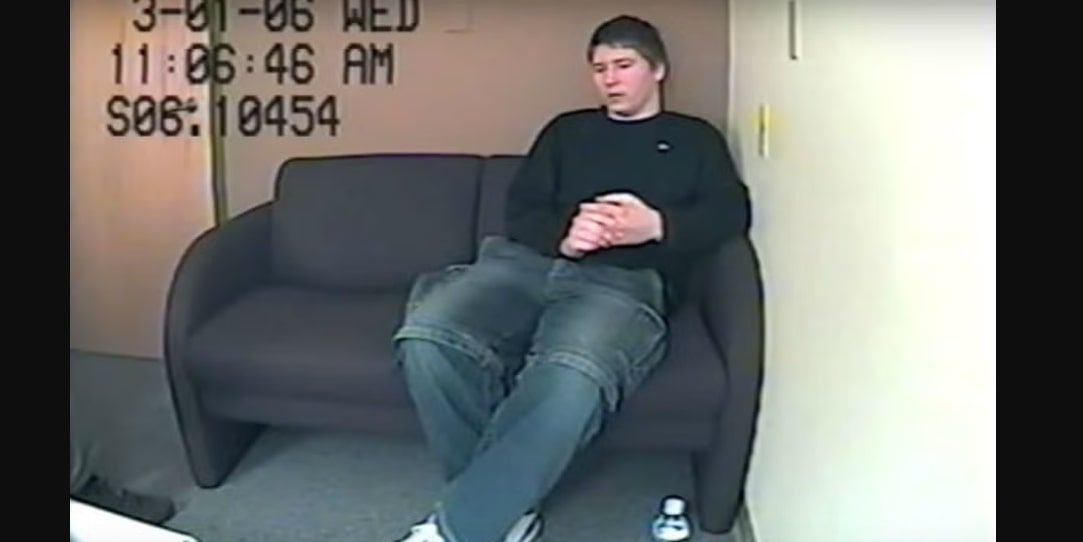
In June 2006, Brendan formally recanted his confession in writing, stating that he had been coerced into making his earlier statements. During Steven Avery’s trial in March 2007, he was not called to testify, and no mention of co-conspirators was made in the proceedings. Brendan’s own trial began in April 2007, with his confession being the centerpiece of the prosecution’s case. The prosecution argued that the details Brendan provided were too specific to have been fabricated, asserting that he was recounting the truth.
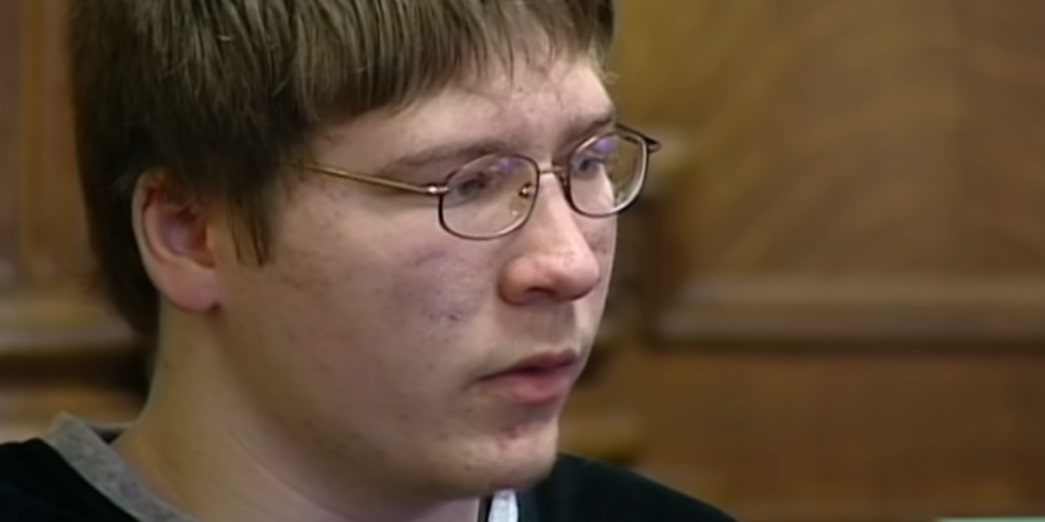
In contrast, the defense claimed that investigators had suggested his statements to him. They highlighted his learning disabilities and gullibility, suggesting he was easily manipulated. The defense also argued that he had been promised leniency if he confessed and likely made the statements to avoid harsher punishment. Despite these arguments, after nine days of trial, Brendan was found guilty of being a party to first-degree intentional homicide, second-degree sexual assault, and mutilation of a corpse. He has consistently maintained his innocence.
Brendan Dassey’s Plea For Clemency is Pending Even Today
In August 2007, Brendan Dassey was sentenced to life in prison, with eligibility for parole in 2048. In 2008, his case caught the attention of Professor Steven Drizin from the Northwestern University Pritzker School of Law in Chicago, who decided to advocate on Brendan’s behalf. Laura Nirider and Robert Dvorak also joined the legal team, working tirelessly to appeal his sentence. In August 2009, they filed a motion for a retrial, with the Center on Wrongful Convictions of Youth, co-founded by Drizin, taking up the case. However, in January 2010, the motion was denied. This denial was subsequently upheld by the Wisconsin Court of Appeals in 2013, and the Wisconsin Supreme Court declined to hear the case, leaving the conviction in place.
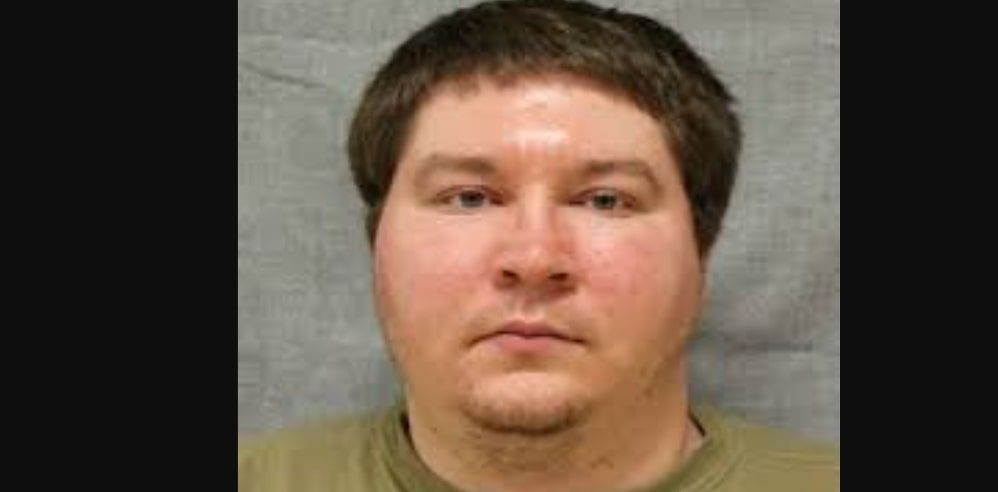
In December 2015, Brendan’s attorneys filed a writ of habeas corpus in federal district court, arguing ineffective counsel and violations of his constitutional rights. In August 2016, US Magistrate Judge William Duffin overturned his conviction, granting his petition for early release or a new trial. However, in November 2016, the Wisconsin Justice Department appealed the decision, and his release was stayed. Prosecutors later sought a review by the full 7th Circuit Court, which ultimately reinstated Brendan’s conviction. In February 2018, his post-conviction legal team filed a petition for a writ of certiorari with the United States Supreme Court, requesting a review of the case.
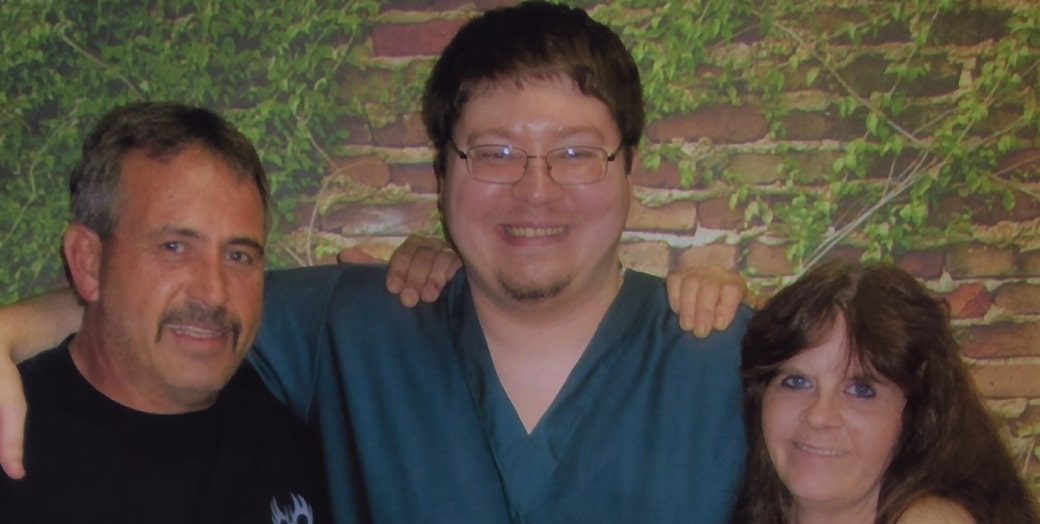
The Supreme Court denied the petition without comment. In 2019, his attorneys petitioned Wisconsin Governor Tony Evers to grant clemency, seeking either an early release or a reduction in his sentence. This request remains pending. Now 35 years old, Brendan is incarcerated at the Oshkosh Correctional Institution. While no new developments have emerged in his case, he continues to maintain his innocence and remains hopeful for justice.
Read More: Barb Janda: Where is Brendan Dassey’s Mother Now?

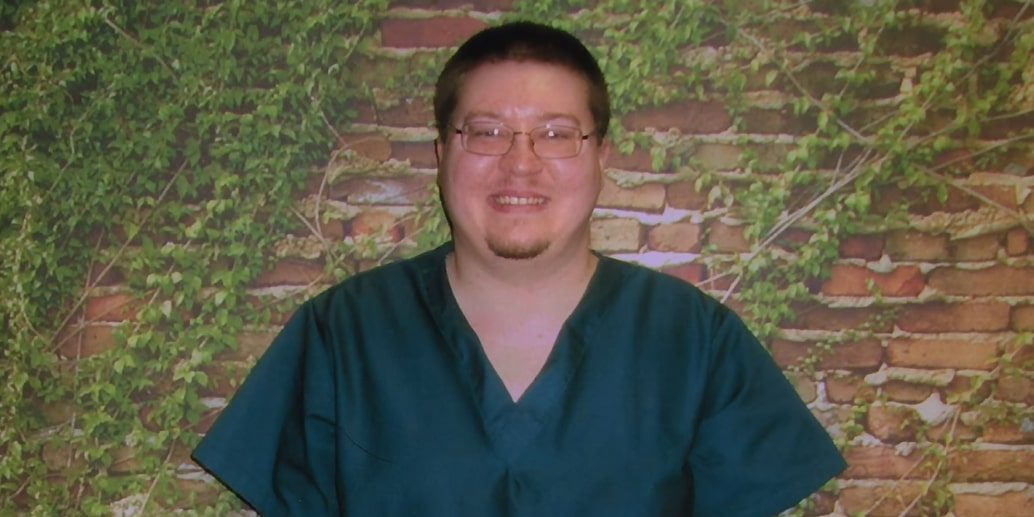
You must be logged in to post a comment.